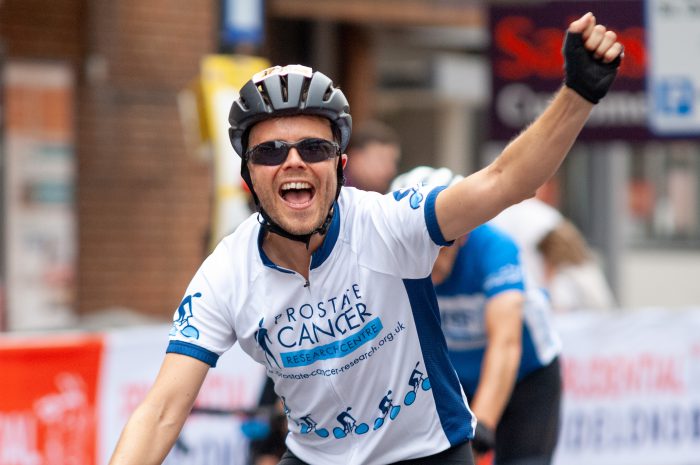

We are absolutely delighted to announce that Prostate Cancer Research has received an incredible donation of over $800,000 from The Nicol 2011 Trust in support of our new medical research projects.
Established by the late Gordon Nicol, the Trust has made a significant contribution to the future of prostate cancer research as PCR aims to save and improve the lives of men and their families. The donation will be used to support our three new projects at some of the world’s leading institutions, ranging from early-stage research to drug development for the treatment of advanced prostate cancer.
After graduating as a chemist from Robert Gordons in Aberdeen, Gordon Nicol moved to Cambridge and enjoyed a highly successful career within the pharmaceuticals industry, working for a major drugs producer and, by the time he retired, Gordon was the CEO of their UK operations.
We are tackling the problem of how to make prostate cancer treatment more effective in different ways.
Approaches vary, including:
By funding innovative and collaborative research projects, we can secure a better future for cancer patients and their families.
In honor of Gordon’s contribution to prostate cancer research, we are proud to announce the creation of ‘The Gordon Nicol Award’, which has been awarded to Professor Iain J. McEwan at the University of Aberdeen. Professor McEwan is working on a potentially major step forward in the treatment of advanced prostate cancer by preventing the development of hormone therapy-resistance amongst men.
Many men are treated for prostate cancer with hormone therapy called androgen deprivation therapy (ADT), which blocks the action of androgens or ‘male hormones’ (such as testosterone and androstenedione) from promoting the growth and spread of cancerous cells. Androgens, which are found in both men and women, are responsible for the development of male traits and reproductive activity, as well as the growth of prostate cancer.
Whilst ADT can be very effective in treating prostate cancer, in some men the prostate cancer cells will develop a strong resistance to the therapy, and learn to grow and spread despite the use of ADT. Through Prostate Cancer Research’s new drug discovery project, Professor McEwan and his team at the University of Aberdeen, with additional support from the University of Strathclyde, aim to stop androgens from fuelling cancer even after resistance to existing drugs develops.
““We aim to develop novel ways of switching off the activity of a protein called the androgen receptor, which is key to prostate cancer cell survival. Our highly innovative, and collaborative, approach marries medicinal chemistry (Dr Craig Jamison, University of Strathclyde) with biologics (protein-based drugs), developed in partnership with Elasmogen Ltd, a biopharmaceutical company. If successful this has the potential to significantly improve the outcome for men with advanced disease.”
Professor Iain J. McEwan